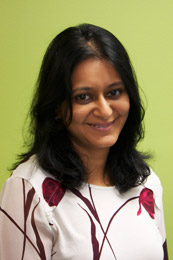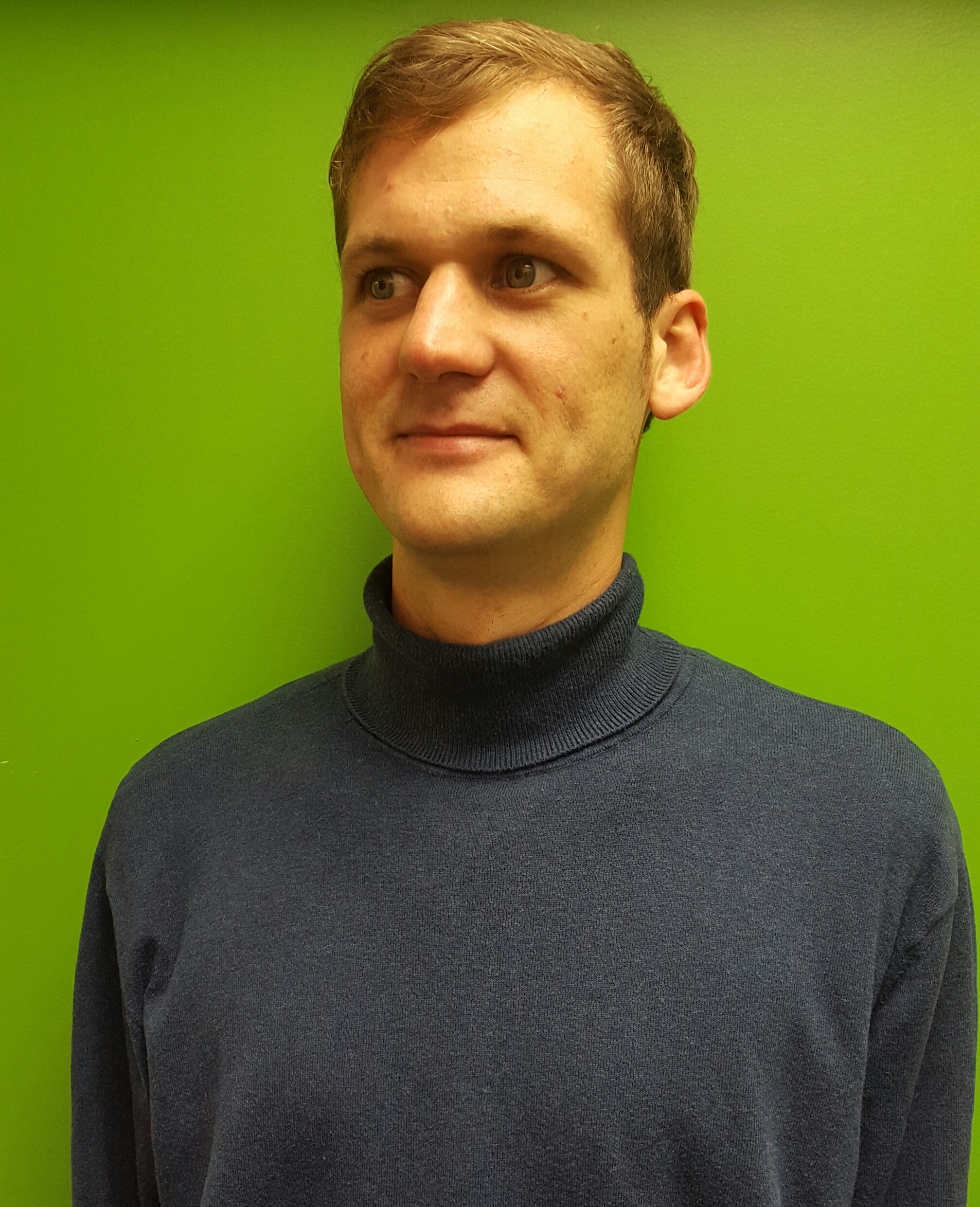Presenters: Sukaina Walji & Michael Glover, Centre for Innovation in Learning and Teaching, University of Cape Town, South Africa
Format: One hour webinar Thursday 17 August 1 pm (SAST)
Time converter at worldtimebuddy.com
In 2014 the University of Cape Town (UCT) began developing the first of a series of MOOCs for a global audience. Four of these MOOCs, involving six educators, were studied as part of the Research on Open Educational Resources for Development (ROER4D) Impact Study project. This larger Impact Study project was undertaken internationally to understand open education resources (OER) in developing countries. Our study focuses on whether educators’ practices become ‘open’ after creating a MOOC. It addresses the questions: Why did UCT educators want to make MOOCs? Do educators’ practices become more open after making a MOOC, and in what ways?
The research uses an Activity Theory (Engeström 2001) heuristic to locate practices in realistic contexts and observe tensions between activity systems. Drawing on Beetham et al (2012) and Hodgkinson-Williams (2014) , an analytic framework of open educational practices (OEP) was developed comprising three dimensions of OEP: legal, pedagogical and financial. The research methodology is qualitative, using semi-structured interviews, data from MOOC discussion forums and some quantitative evidence. Six MOOC lead educators were interviewed at three intervals; before their MOOCs ran, immediately after their MOOCs first run, and ten months later. Transcripts were coded using OEP and Activity Theory concepts.
Our findings offer insights about the relationships between educators’ motivations for making MOOCs, their MOOC design tools, the open educational practices that can be identified and the contradictions they experienced in making MOOCs. Despite the challenges that educators faced they largely achieved their purposes of making MOOCs and manifested legal, pedagogical and financial dimensions of OEP. The impact on educators’ open practices was observed in several subsequent projects after the MOOCs. Tensions involved in making MOOCs, adopting OER and enacting of OEP point to how educators could be better supported in future to become more open.
Resources:
Any openly licensed or publicly accessible relevant material associated with the presenter or related to the online event that the presenter would like to share
Making MOOCs and changing open educational practices
This series has ended – the six webinars are available on the following YouTube playlist
Sukaina Walji works on a number of projects at CILT focussing on online learning design, MOOCs and research communications. She is the Project Manager for the CILT MOOC Implementation Team and the Communications Advisor for the Research in Open Educational Resources for Development in the Global South (ROER4D) programme. She is also part of the research team for an OER MOOC Impact study project, a sub-project and grantee of the ROER4D project. She has a Master’s in Online and Distance Education from the Open University UK.
Michael Glover is a Research Assistant within the MOOC team. He works on the MOOC OER Research Project which is part of a family of OER Impact Studies under the auspices of Wawasan University in Malaysia as part of the ROER4D Project. Where possible he assists more broadly with related research. His background is in English literature (BA), Philosophy (BA Hons), and Economic History (MA).


